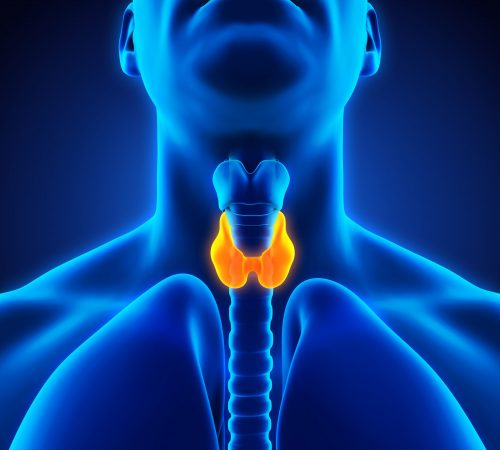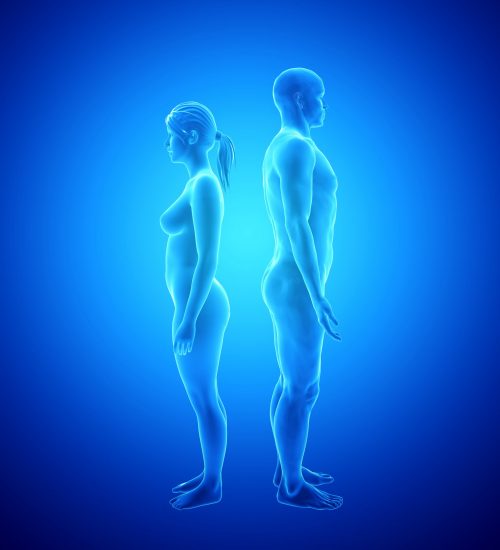SEX, SEX, SEX – How long is long enough?
It’s a human trait, wanting to quantify everything in minute detail, comparing and contrasting, analysing and assessing performance. Surely quality is more important than quantity? Perhaps when it comes to sex, we are led to believe we need both.
When it comes to sex, what are we worried about? Sex is a primordial need, we need to reproduce to further our DNA. It should also improve sexual intimacy with your partner, strengthening your bond. It can also improve your self-esteem and, let’s not forget, it’s great fun! Aldous Huxley famously wrote “An intellectual is a person who has discovered something more interesting than sex”. He was happily married, so perhaps he had a healthy sex life already and so was able to down play the importance of sex in health?
I’m sure every man has had a time in their life where they’ve wanted to last longer in bed, it’s perfectly normal, whether it was in a new relationship or another situation. It only becomes a problem when ejaculation occurs too quickly, too often and too regularly. Premature Ejaculation is defined as ejaculation that occurs prior to, or within about one minute of vaginal penetration. One parameter that can be measured in our obsession with quantifying everything, is how long you last from vaginal penetration to ejaculation.
The study below, was conducted during trials researching the effects of serotonin uptake inhibition on ejaculatory delay, a known side effect of antidepressants such as Fluoxetine & Citalopram.
The results were interesting with men averaging 5.4 minutes. However it appears that as you age, your intravaginal ejaculation latency time decreases. My hypothesis would be declining testosterone levels with age decreasing your libido and energy!
This has led to the UK’s first licenced treatment for premature ejaculation Dapoxetine (Priligy), which is a short acting selective serotonin reuptake inhibitor.
Libido is influenced by a number of factors, physiological, biological and social. The neurotransmitter Serotonin appears to be important in ejaculation, it is also the ‘happiness’ hormone in the brain. However its effects on delaying ejaculation appear to happen more locally in the neural pathways around the genitals.
Here at the men’s health clinic we will attempt to find a cause for your issue and offer you the latest treatments, book your Men’s Health Consultation now…


